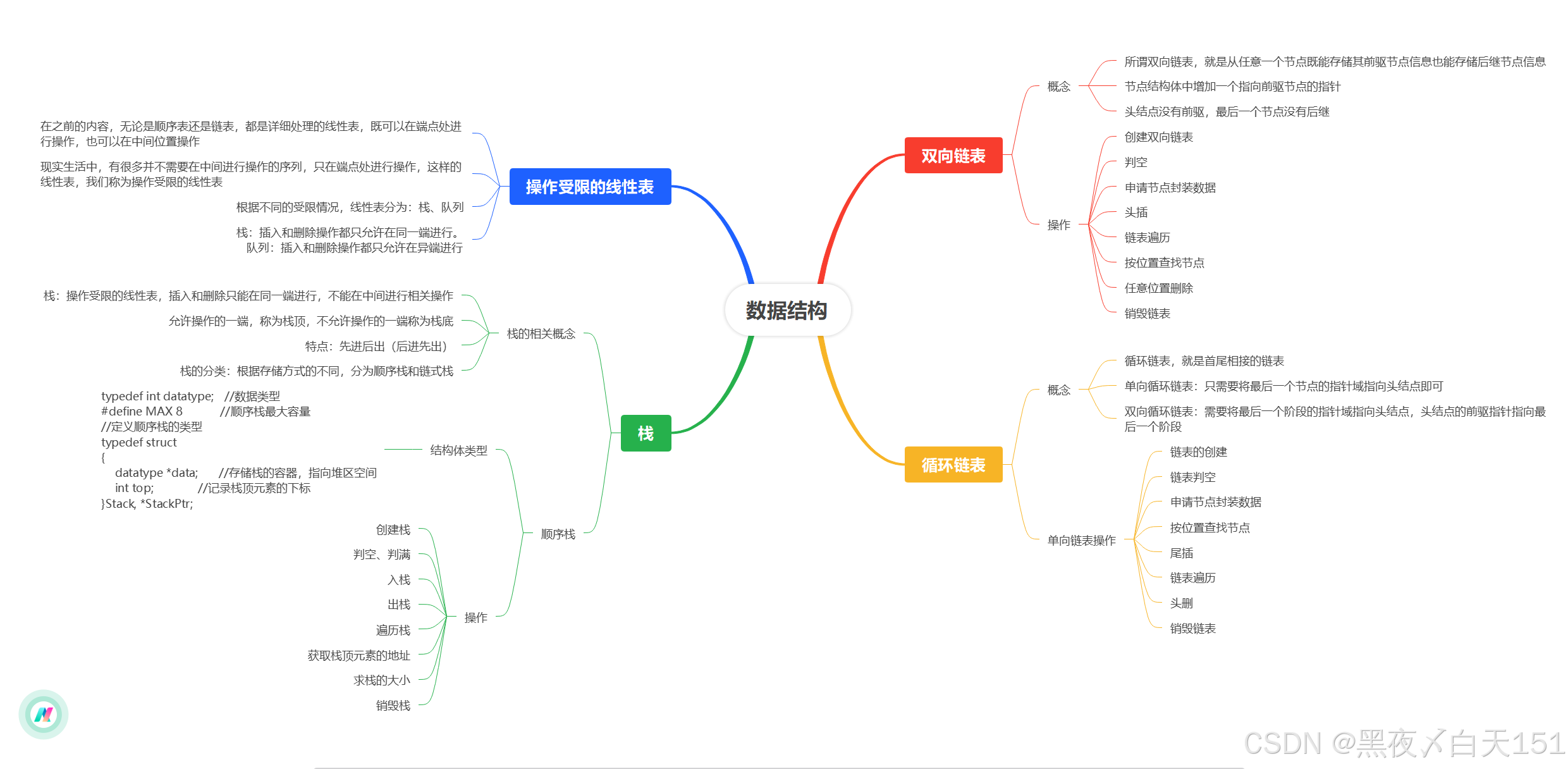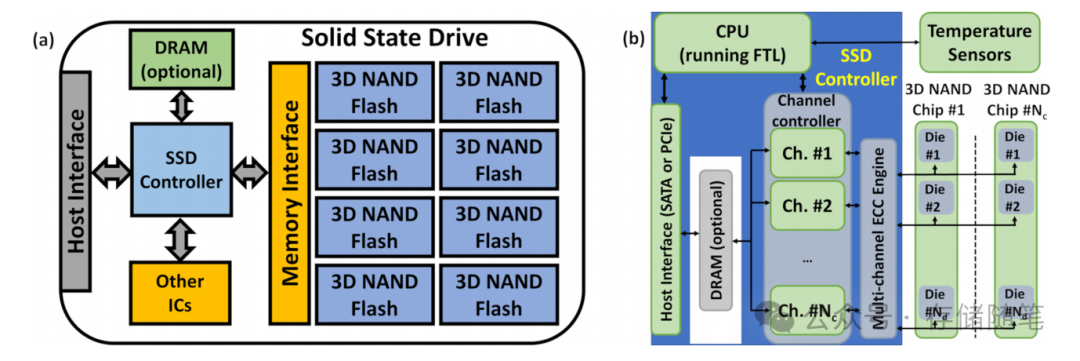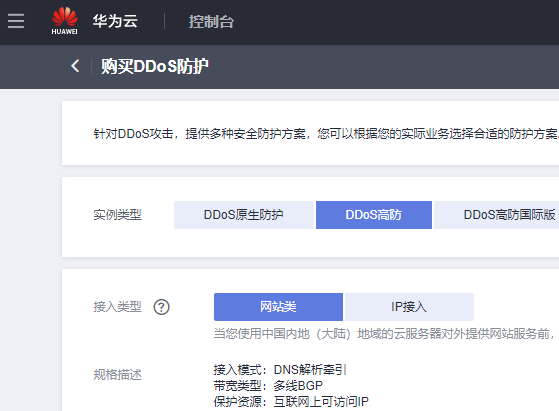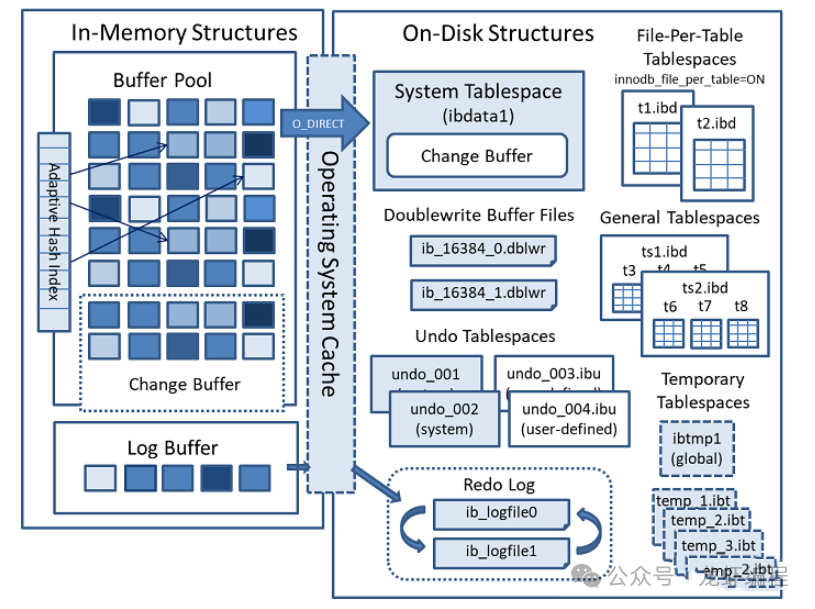Merge K Sorted Linked Lists
You are given an array of k linked lists lists, where each list is sorted in ascending order.
Return the sorted linked list that is the result of merging all of the individual linked lists.
Example 1:
Input: lists = [[1,2,4],[1,3,5],[3,6]]
Output: [1,1,2,3,3,4,5,6]
Example 2:
Input: lists = []
Output: []
Example 3:
Input: lists = [[]]
Output: []
Constraints:
0 <= lists.length <= 1000
0 <= lists[i].length <= 100
-1000 <= lists[i][j] <= 1000
Solution
To take advantage of the feature that each list is sorted in ascending order, it is OK to use O ( number of elements in 2 lists ) O(\text{number of elements in 2 lists}) O(number of elements in 2 lists) two pointers method to merge 2 ordered lists. The overall time complexity will be O ( number of all elements × number of linked lists ) O(\text{number of all elements}\times \text{number of linked lists}) O(number of all elements×number of linked lists).
We can accelerate this process by a simple priority queue, reducing the time complexity to O ( n log n ) O(n\log n) O(nlogn), where n n n denotes the total number of all elements in linked lists.
However, by using hash, or bucket sort, wo can achieve O ( V ) O(V) O(V) time complexity, where V V V denotes the size of the discrete value domain of elements, and V ≤ n V\le n V≤n. Additionally, it does not require the given linked lists to be ordered.
To be more detailed, we can use a dictionary to store the nodes of different values and link them together in the end. The code might look like:
# Definition for singly-linked list.
# class ListNode:
# def __init__(self, val=0, next=None):
# self.val = val
# self.next = next
class Solution:
def mergeKLists(self, lists: List[Optional[ListNode]]) -> Optional[ListNode]:
buket = {number:None for number in range(-1000, 1001)}
for node in lists:
while node.next:
buket[node.val].append(node)
node = node.next
buket[node.val].append(node)
preNode = None
rootNode = None
for value in buket.values():
for node in value:
if preNode:
preNode.next = node
else:
rootNode = node
preNode = node
return rootNode
However, that is not perfect! As the elements are all stored in linked lists, we only need to store the head and tail nodes of each value. When a new element coming in, we just link it as the new head/tail. In the end, we only need to link head and tail of different values’ linked list one by one. This method only takes O ( V ) O(V) O(V) extra space and O ( V ) O(V) O(V) time to link.
Code
Please ignore the typo of “bucket”.
# Definition for singly-linked list.
# class ListNode:
# def __init__(self, val=0, next=None):
# self.val = val
# self.next = next
class Solution:
def mergeKLists(self, lists: List[Optional[ListNode]]) -> Optional[ListNode]:
head_buket = {}
tail_buket = {}
for node in lists:
while True:
if node.val not in tail_buket:
tail_buket[node.val] = node
nextNode = node.next
node.next = head_buket.get(node.val, None)
head_buket[node.val] = node
node = nextNode
if node is None:
break
preNode = None
rootNode = None
for key in range(-1000, 1001):
if key in head_buket:
if preNode is None:
rootNode = head_buket[key]
else:
preNode.next = head_buket[key]
preNode = tail_buket[key]
return rootNode



































